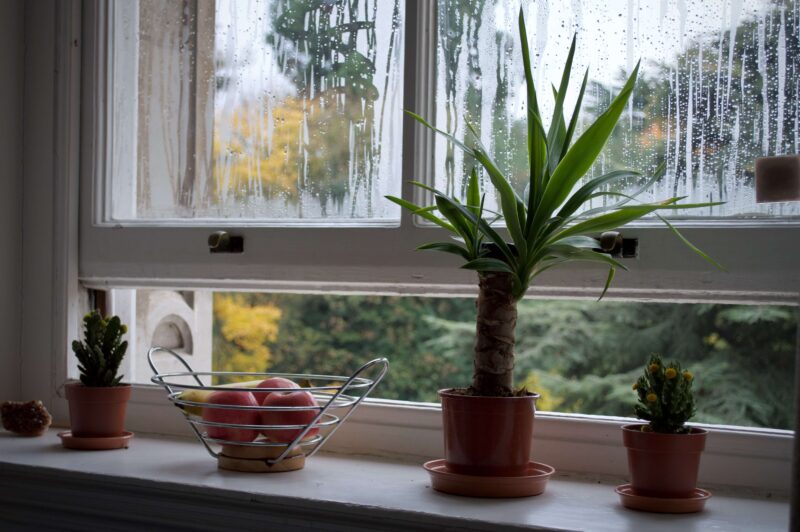Who is responsible for mould in my property?
Mould in your property can be unsightly and unhealthy, but who is ultimately responsible for mould in a rental property?
This can be a bit of a grey area as, depending on what is causing the mould, it could be your responsibility or it could be your tenant’s. Mould can be very damaging to your property, eating away at flooring and wallpaper, but it can also be very damaging to your tenant’s health, especially if they suffer from respiratory illnesses like asthma.
Home Emergency Insurance for £130
- ✓ Covered up to £1,000 per emergency
- ✓ £250 for overnight accomodation
- ✓ Call out, labour & parts included
When it comes to Gas Safety and EICR checks, it’s very clear who that falls to, but who bears the responsibility for fixing the problem of mould and ensuring it doesn’t make an ugly return?
When is mould the landlord’s responsibility?
It is your responsibility when the mould is caused by structural damage. Leakages in the structure can lead to rising or penetrative damp, which will make the property feel cold and damp, but will also cause mould.
Legally, under Section 11 of the Landlord and Tenant Act 1985, you must resolve the problem of mould when it is caused by structural faults in your property.
Structural issues can be expensive to resolve, so make sure that you have landlords building insurance which will cover any work needed to correct the problem. You can book a call with our advisors if you want to upgrade your buildings insurance.
When is mould the tenant’s responsibility?
It’s not just leaks and faults in the property’s structure that can cause mould – interior condensation can cause it too. And this interior condensation is very likely due to your tenant’s behaviour and habits:
- Drying clothes indoors
- Not ventilating the room when showering
- Not ventilating the room when cooking
- Not heating the room sufficiently
If the mould has been caused by any of these behaviours, then it is up to your tenant to change their habits to fix them.

How can you clear and prevent mould?
If there is already mould in the property it is possible to clear it with specialist cleaners you can find at the local supermarket. However, when tackling mould, make sure that you take the necessary precautions:
- Wear protective clothing and gloves
- Wear a mask – this is especially important if you suffer from any respiratory conditions
- Open all the windows to ventilate the room as you clean
- Dispose of anything that has been in contact with the mould
If the problem is too ingrained to be tackled by a DIY approach, you may need to call in a specialist to help. Once the mould has been eradicated, what can you do you help your tenant keep the property mould free:
- Offer an alternative for clothes drying. Is there space to provide a tumble dryer? This would remove the need to hang laundry on a clothes horse until dry. However, it’s worth noting here that even if you are able to provide a tumble dryer, your tenants may not be able to use it, as energy prices skyrocket
- Provide ventilation. If the bathroom has no windows, make sure that the extractor fan is working properly. But if it does have windows, your tenant could simply open them when using the bathroom to naturally vent the room. The same goes for the kitchen – make sure that the extractor is working well and remind your tenants to open the windows as much as possible. Finally, you could also consider supplying your tenant with a dehumidifier – but again, remember they may not be able to afford to run it as regularly as you would like if they are watching their bills closely
- Improve energy efficiency. If your tenants are struggling with the rising energy bills and aren’t putting the heating on as often, consider if you can improve the energy efficiency of your property. As the minimum EPC rating is likely to rise in the next couple of years, check your EPC for advice on what you can do now to help drive down their costs
- Allow air to circulate. Let your tenants know that leaving a gap between furniture and the walls allows the air to move, preventing mould from occurring
Ultimately, don’t let mould become a contentious issue between you and your tenant – claim your responsibility early and be understanding of the problems your tenant might be facing when it comes to heating the property.